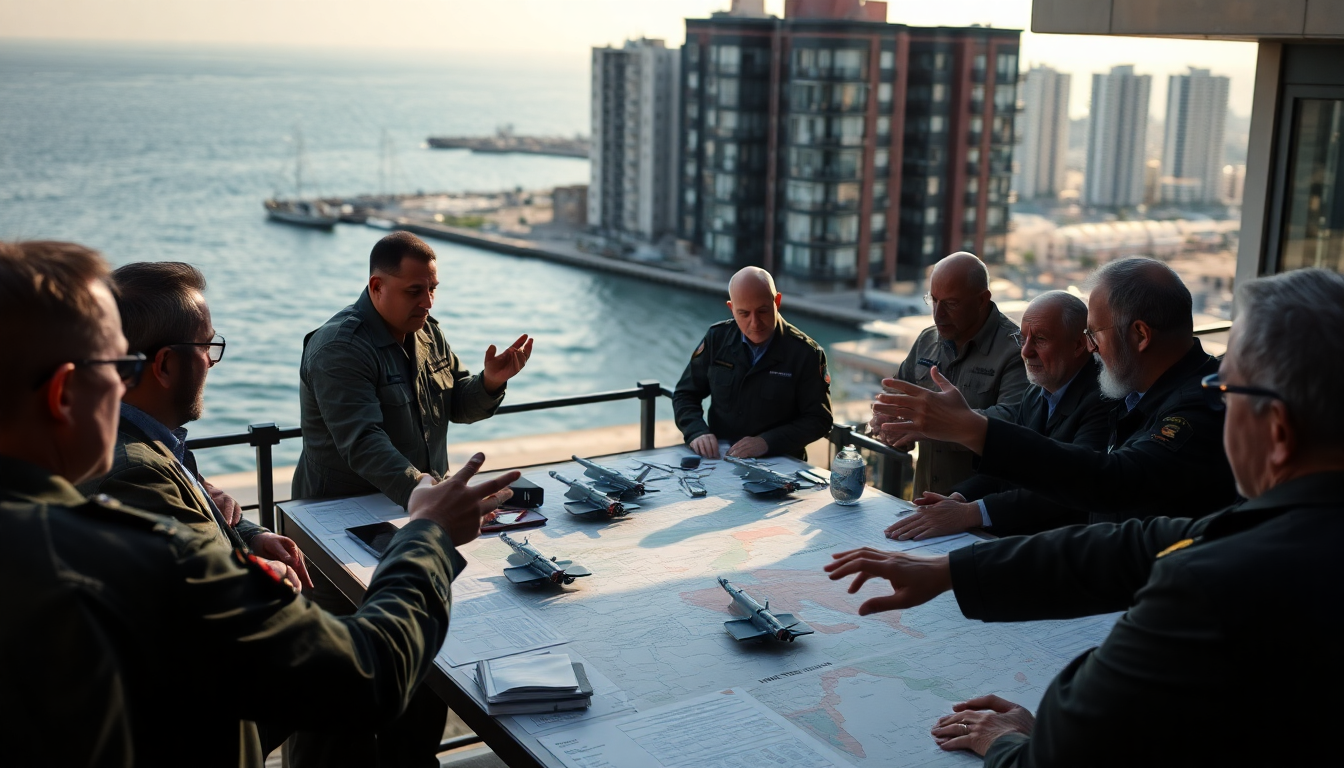Table of Contents
In the ever-evolving world of Middle Eastern geopolitics, one thing is clear: Israel is laser-focused on dismantling Iran’s nuclear and missile programs. But why is this so important? Israeli leaders believe that curbing these threats is essential for ensuring both regional and global stability. Let’s dive into Israel’s strategic priorities, the implications of its actions, and the broader stakes at play in its ongoing tensions with Iran.
Israel’s Focus on Iran’s Nuclear Program
Israeli President Isaac Herzog has been vocal about Israel’s mission. He’s not seeking to overthrow Iran’s Supreme Leader, Ayatollah Ali Khamenei; instead, he’s zeroing in on neutralizing Iran’s nuclear ambitions, which he calls a major threat to global security. In a recent interview, Herzog pointed out that while the ultimate fate of the Iranian regime lies in the hands of the Iranian people, Israel’s proactive measures could inadvertently spark positive changes in Iran.
He described the Iranian nuclear program as a “monstrosity,” highlighting the multiple facets that need addressing. The aim here is clear: to pinpoint and dismantle Iran’s capabilities to develop nuclear weapons. This approach reflects the urgent perception Israel has regarding the threat and the pressing need for action to prevent any nuclear expansion.
The Broader Implications of Israeli Actions
Herzog’s comments also hint at the potential fallout from Israel’s actions, not just for Iran, but for global politics. The Israeli Defense Minister has echoed these sentiments, stating emphatically that Khamenei “cannot continue to exist.” Such strong rhetoric underscores the high stakes at play, as Israeli leaders suggest that decisive actions could dramatically shift the balance of power in the region.
But it’s not all about military action. Herzog recognizes the importance of international diplomacy. He mentioned that while Israel is ready to act independently, it’s also open to diplomatic solutions. This dual approach reflects the tightrope Israel must walk between taking offensive measures and seeking dialogue, especially with key global players like the United States.
International Reactions and Future Outlook
On the international stage, support for Israel’s position has come from various leaders, including German Chancellor Friedrich Merz, who praised Israel for stepping up as a protector for the West. This backing highlights how crucial Israel’s actions are to broader European and American security interests.
As diplomatic talks loom between European foreign ministers and Iranian officials, the potential for a peaceful resolution remains a hot topic. Herzog’s comments suggest that Israel is ready for different scenarios and has a solid strategy in place just in case diplomatic efforts don’t pan out.
In conclusion, Israel’s approach to its Iranian policy is grounded in a realistic assessment of threats and opportunities. By focusing on eliminating nuclear capabilities while keeping the door open for dialogue, Israel demonstrates an understanding of the complex realities shaping the geopolitical landscape. As the situation unfolds, the international community will be watching closely to see how these dynamics play out.


